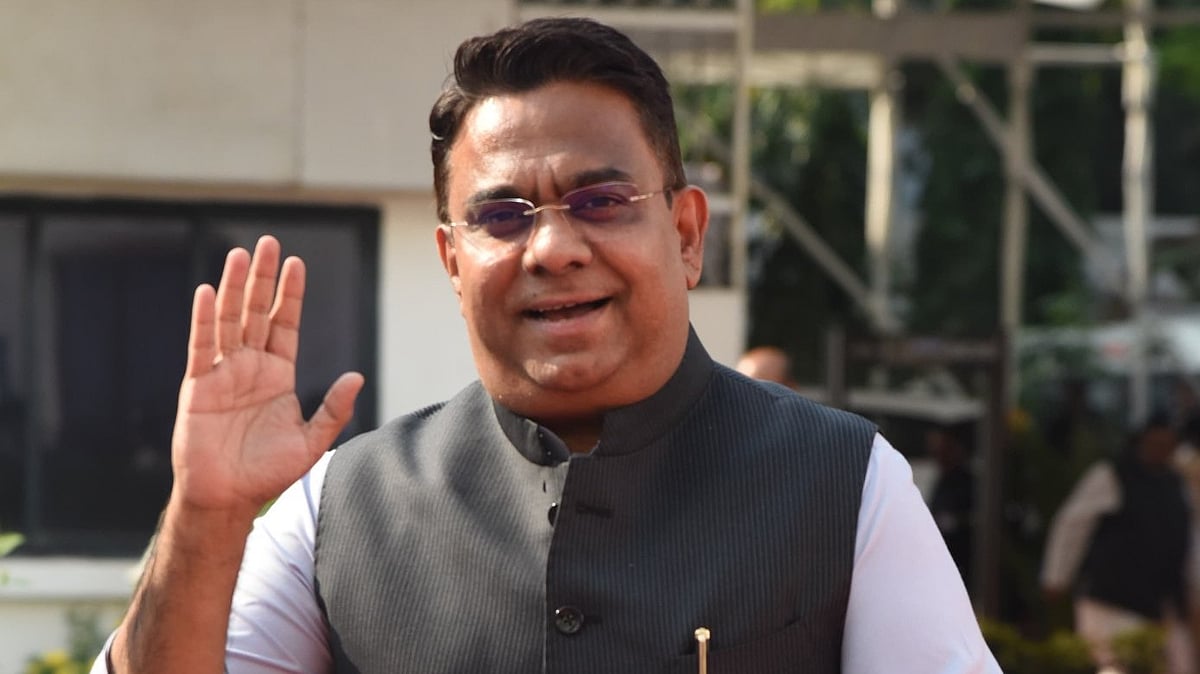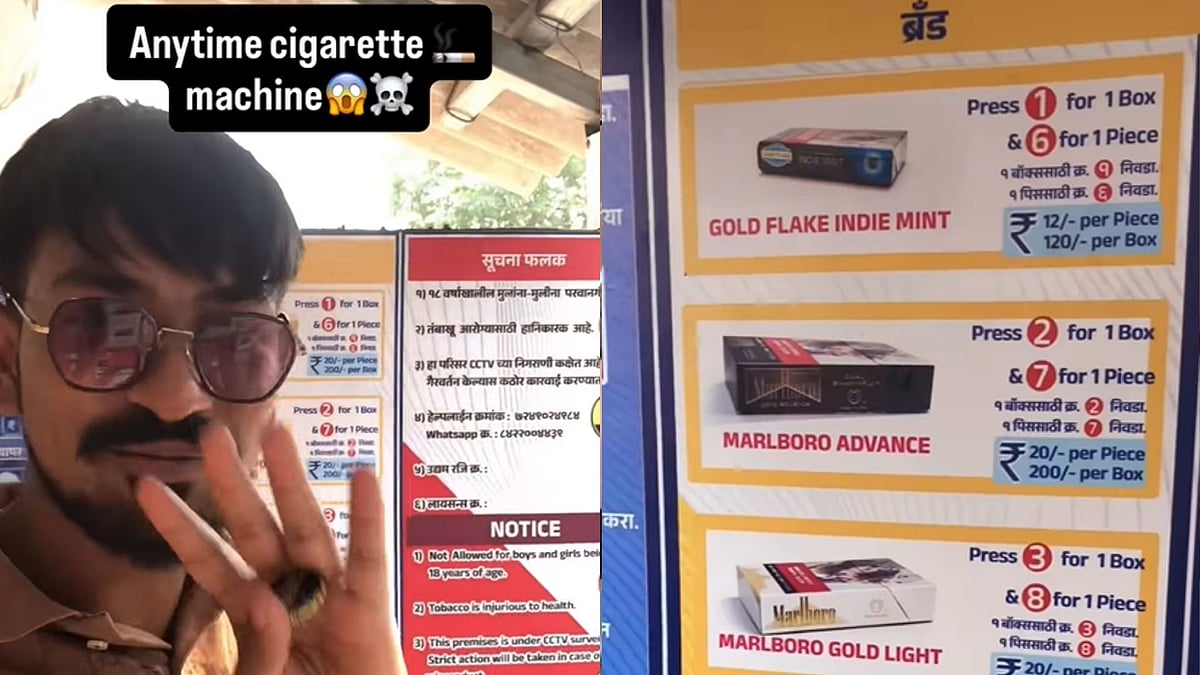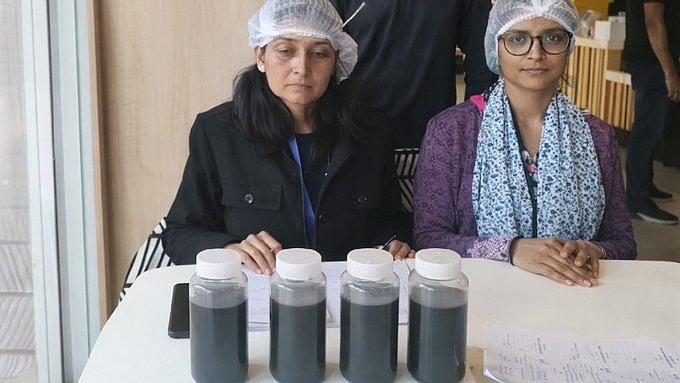FOMO – or fear of missing out – is an “anxiety that an exciting or interesting event may currently be happening elsewhere, often aroused by posts seen on social media” – as defined by the Oxford Languages. The need for social acceptance and connection means that if other groups are doing something together and I am not a part, then I am not “in,” not included! And being social animals, being excluded or alone is one of the worst fears of humans.
The impact of FOMO can be severe indeed – loss of esteem, feelings of dissatisfaction and overwhelming, skewed perceptions of self & the world, frantic efforts to “stay current” or to be “up-to-date” and even to “fit-in” based on one’s perception of acceptability, and in some cases clinical anxiety &/or depression. If I am always worried about missing out, it tends to make me anxious and dissatisfied. If I believe others are engaged in “more exciting” activities, I start feeling “my life is boring.” If I believe that others are doing things together and I am (the only one) left out, I start feeling lonely. If I feel what other are doing is much more worthwhile and valuable, then I start questioning my own worth.
Social media and the technology boom have made it possible to bring the news of the world to the palm of our hands via our mobiles. Thus, it is very easy to know what is happening in all corners of the world and to get minute-by-minute updates about what is happening in the lives of our peers. My friends seem to have a party every day, everyone is getting together with friends and enjoying, everyone is in a great relationship, everyone is off to a great vacation, everyone is having grand adventures… that is what the social media posts seem to tell us over and over again. Further, these become the standard by which our life’s “happening factor” is determined! If I am not doing these things, then somehow, I am missing out – worse, there is something wrong with me! This becomes the interpretation. “Everyone in the world has friend but me!” – exclaims a teenager, completely sincere in her belief that she is the only one without friends. Why? Because, social media posts tell her about all the people who are out partying with friends – everyone but her.
Given the high impact of social influences – the need for inclusion, the need for approval, the need to conform to perceived standards of “cool”-ness – the COVID pandemic and the ensuing lockdown and social distancing protocols have created some additional emotional challenges for everyone. Teenagers and young adults are especially vulnerable – this is the age where we are most strongly looking for approval and acceptance, where we look to our peers to help us figure out our own path. And now, we are cut off from direct social interactions! With classes going online, the face-to-face interactions have reduced drastically. Lockdown mandates dictated “stay at home,” further reducing the opportunities for in-person social interactions. And the action turned online! “Everyone seems to be using the lockdown time in a productive manner, achieving so much – why can’t I seem to stay on track?” is the heartfelt plea of a teenager struggling with debilitating anxiety and depression. The basis for the claim? All the baking and cooking videos, the creative use of time videos, exercise videos courtesy social media!
Social media posts are taken to be the narrative of society as a whole – if x number of people are posting these things, that means EVERYONE is doing such things! All except me! It’s not that such “left out” or “missing out” feelings were not experienced “pre-social media.” Human beings do tend to compare themselves with others – either to our advantage or to our detriment. Social comparison at some level is always present and at a certain level always sets the “norm” for each individual/group/stratum of society. The technology boom and social media have merely created an opportunity for such comparison to loom larger than ever, as we become more easily aware of the details of everyone’s life.
A conscious effort needs to be made to identify and overcome the ways we are impacted by the fear of missing out. Some aspects to work on would include: developing a clearer perspective, re-evaluating our perceptions and evaluation criteria, understanding the uniqueness of each lived experience and thus reducing the urge to compare, and perhaps most importantly, developing a healthy sense of self-worth and acceptance – without judgments or conditions. Additionally, the value of seeking professional help (such as, a mental health counsellor) needs to be recognized. It can be easy to get caught up in our own mind’s chaos – sometimes it needs a trained professional to provide a different perspective and a healthier, more balanced vision of ourselves!
[Dr Nirmala S Rao (M.D., D.P.M) is Director of Aavishkar Centre for Self Enrichment]









